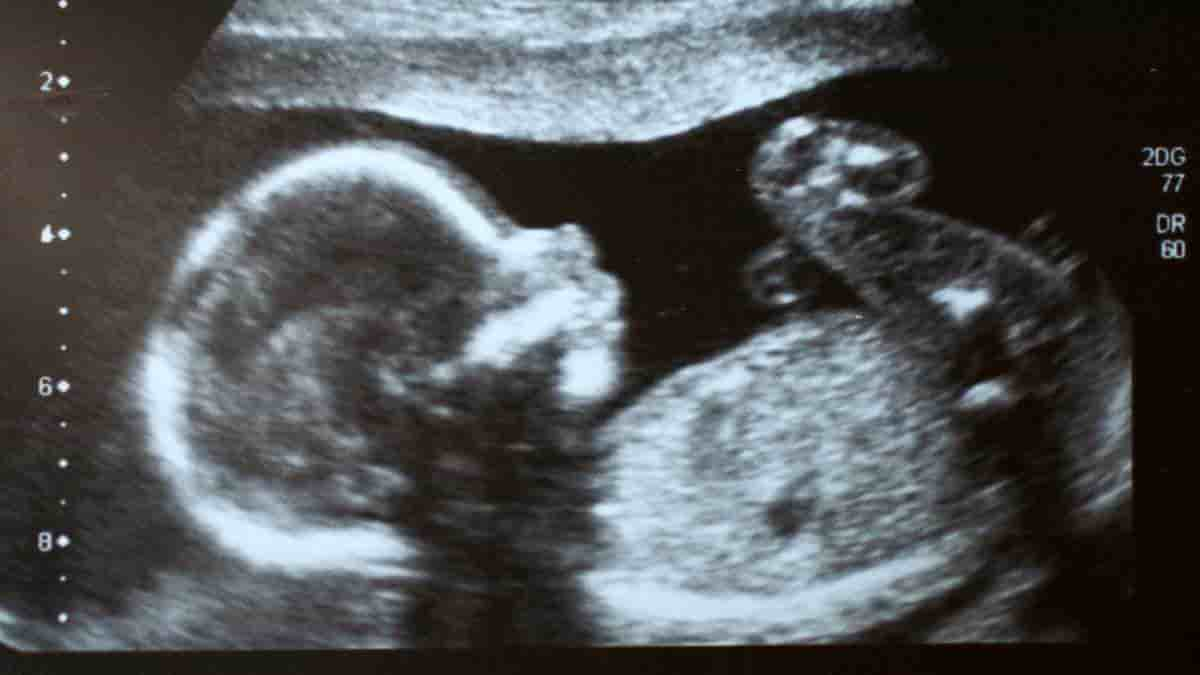New research published by the American Psychological Association indicates that children whose mothers experience high levels of stress, anxiety, or depression during pregnancy may be more vulnerable to mental health and behavioral problems as children and teens.
These results add to the body of evidence suggesting that offering easily accessible mental health services and support during pregnancy could be a crucial first step in preventing behavioral issues in children later in life.
“Our research suggests that psychological distress during the pregnancy period has a small but persistent effect on children’s risk for aggressive, disinhibited and impulsive behaviors,”
said study author Irene Tung, PhD, of California State University Dominguez Hills.
ADHD, Aggressiveness, and Hostility
Tung and her colleagues examined data from 55 studies including almost 45,000 people. All of the studies looked at women’s psychological distress during pregnancy (such as stress, sadness, or anxiety) and then their children’s “externalizing behaviors” (mental health symptoms directed outward, such as attention deficit hyperactivity disorder or aggression).
In general, the researchers observed that children with higher levels of ADHD symptoms or challenges with aggressive or hostile behavior, as reported by parents or teachers, were more likely to be born to women who had higher levels of anxiety, depression, or stress during conception.
Research has long suggested a link between mothers’ mental health during pregnancy and children’s externalizing behaviors. However, many previous studies have not disentangled the effects of stress, anxiety or depression during pregnancy from the effects of parents’ psychological distress after a child is born.
Pre-natal Stress Hormones
In the current review and meta-analysis, the researchers only included research in which mothers’ psychological distress was measured both during and after pregnancy. They found that psychological distress experienced during pregnancy, in particular, raised the likelihood that children would experience externalizing issues even after adjusting for postnatal psychological distress.
The effect held true regardless of whether the children were boys or girls. And it held true for children in early childhood (ages 2-5), middle childhood (6-12) and adolescence (13-18), though the effect was strongest in early childhood.
The findings, according to the researchers, are in line with theories that stress hormone exposure during pregnancy can have an impact on a child’s brain development.
Next Steps
Tung suggests that in order to understand the cultural and socioeconomic factors that influence prenatal stress and to create successful interventions, future research should concentrate on broadening the diversity of the study.
“Most existing research has focused on white, middle-class and higher educated samples. But experiences of racism, economic disparities and lack of health care access are known contributors to stress during pregnancy. Understanding how psychological distress during pregnancy impacts underrepresented families is key to developing equitable public health policies and interventions,”
she said.
She and her colleagues are currently working on two projects to better understand the types of support and resources that promote resilience and recovery from stress during pregnancy, particularly for families experiencing health disparities. The goal is to assist guide culturally inclusive preventative interventions during pregnancy to enhance parents’ and children’s early mental health resilience and well-being.
Reference:
- Irene Tung, Alison E. Hipwell, Philip Grosse, Lindsey Battaglia, Elena Cannova, Gabrielle English, Allysa D. Quick, Bianca Llamas, Megan Taylor, Jill E. Foust. Prenatal stress and externalizing behaviors in childhood and adolescence: A systematic review and meta-analysis. Psychological Bulletin, 2023; DOI: 10.1037/bul0000407
